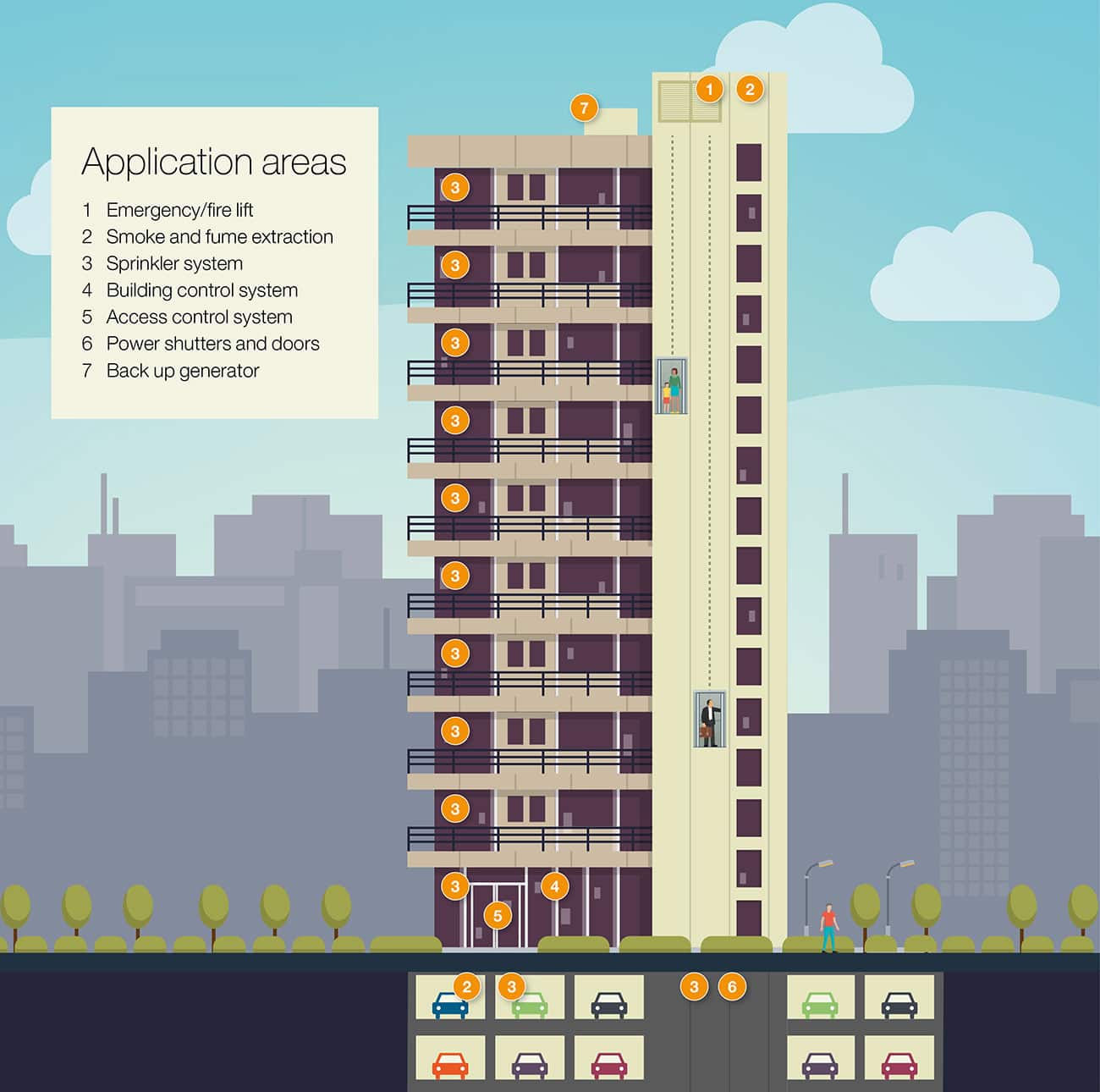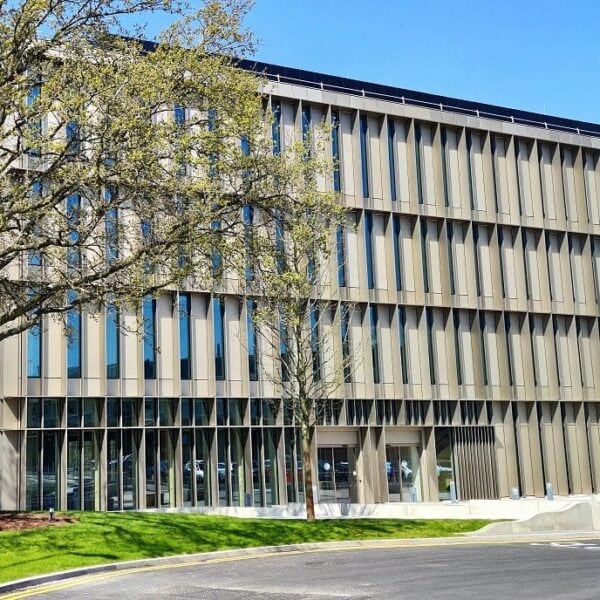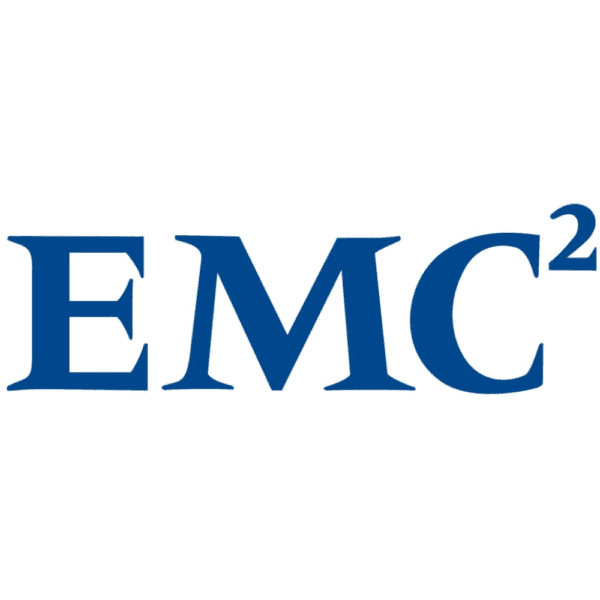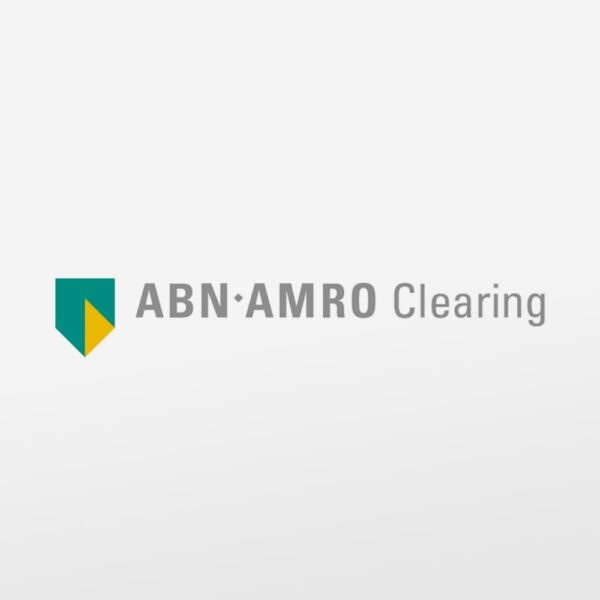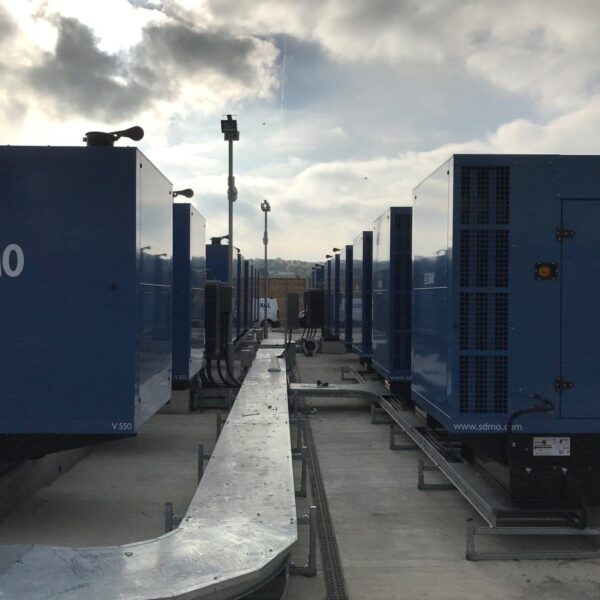Our range of PowerWAVE UPS generators and emergency lighting products are proven to be trustworthy in life safety applications across residential, commercial and industrial applications.
At KOHLER Uninterruptible Power (KUP), we understand the key challenges with life safety applications, including:
- Complying with a range of building regulations, guidelines and codes
- Providing a legitimate second supply from a separate source
- Practical approaches to ensure routine testing takes place
Our UPS systems range from modular three-phase units through to standalone models and compact single-phase UPS and UPS designed to handle regenerative loads from lifts. Complementing these are kite-marked, performance-tested static inverters for emergency lighting systems and a range of compact, quiet and efficient generators, which complete the portfolio, whilst our own team of engineers are there to support them nationwide, 24/7, 365 days a year.
In the event of mains power failure, it is vital that life safety systems, such as fire suppression still have a reliable power supply. Fire suppression UPS systems must not only comply with the British Safety Standards, but they must also comply with the product safety regulations.
Although a fire suppression system is not legally required in the UK, a number of businesses choose to install them to reap their benefits. Examples include care homes which benefit from having the vital extra time to evacuate, retail premises benefit from being granted longer distances to travel to emergency exits and landlords have the freedom of providing open plan dwellings. Fire suppression systems are interlinked with a central power supply to automatically activate in the event of a fire, which is why a method of backup power, such as a UPS system, must be present to comply with BS EN 50171. Where a UPS system is used, it must also comply with product-specific regulations highlighted in EN 62040 and its relevant parts.
As a leading UPS supplier, KUP provides turnkey solutions for life safety systems. Due to the high inrush currents required to start a pump, there are many pitfalls to be avoided in providing UPS solutions to support fire suppression systems. Many other UPS providers will either fail to take these start-up currents into consideration leading to an unreliable solution or, in some instances, an oversized UPS unit.
With the four year anniversary of the Grenfell Tower tragedy featured in the news in recent weeks, a timely reminder on the importance of these systems, it is without doubt that more focus is turning upon public buildings and life safety systems. Housing developers are now being required to include UPS systems in order to access grants for evacuation lifts, a positive sign that greater attention is being paid to life safety systems.
Of course, the equipment needs to be correctly sized, and a capacity chosen that is adequate for the load that it intends to support, with provision for growth and redundancy. A UPS system for a life safety application is therefore different to those found in a data centre application, for example. The of the inverter, battery back-up time and regenerative lift require a UPS but if the power is routed through a standard UPS system, it will falter and damage it.
Coupled with expertise in system sizing, battery configuration, regenerative loads, and high inrush currents from LED drivers, our solutions are not just compliant, but also dependable, simple to install and easy to operate. Our experience across a wide variety of new build, conversion and legacy sites allows KUP to help you choose the right mix of these power options.
We understand that typical challenges with life safety applications include:
- Providing a legitimate second supply from a separate source
- Delivery into and positioning within existing buildings
- Space, floor loading and noise restrictions
- Generator fuelling and fuel handling
- Damage to conventional UPS systems from regenerative loads such as lifts
- Making provision for likely increases in required emergency lighting lux levels
- Access for maintenance and routine testing
- Practical approaches to ensure and record routine testing
- Complying with a range of building regulations, guidelines and codes
To discuss how we can help you find a solution specific to your requirements contact us at [email protected] or call us on +353 (0)1 460 6859.

